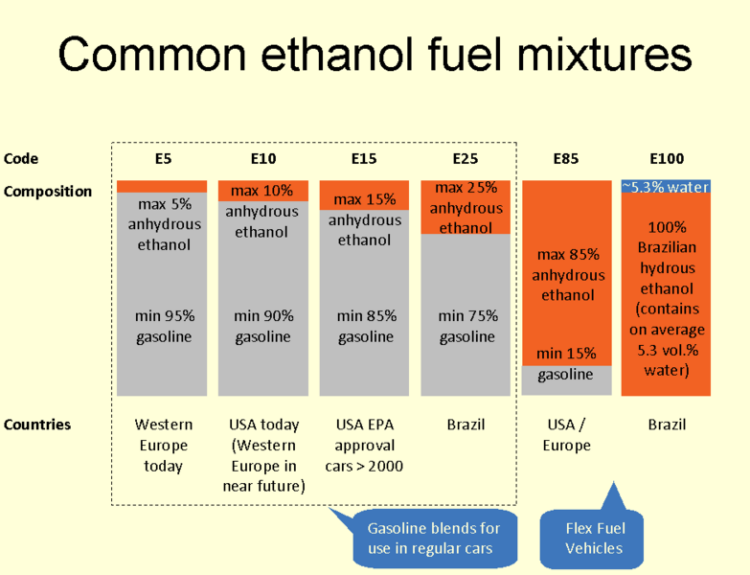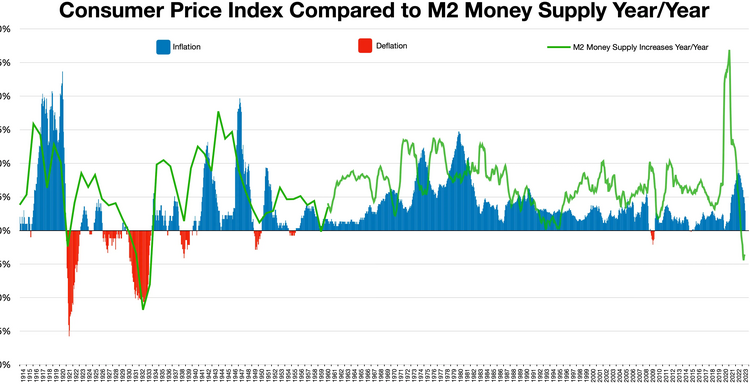Eurozone Economy Gains Momentum as Germany Leads the Way
- Germany led the eurozone’s economic recovery in May, according to business surveys.
- The composite Purchasing Managers Index rose to 52.3 from 51.7, indicating an increase in activity.
- Manufacturing sector in the eurozone is approaching recovery at a 15-month peak.
- U.K. economy slowed down after a strong start to the year.
- India’s economy accelerated and Japan rebounded in May.
- Australian growth slightly decreased in May.
- Eurozone added jobs in May, suggesting wages may not cool as quickly as expected.
The eurozone’s economy is showing signs of a strong recovery, led by Germany’s continued strength in services and improvement in industry. The composite Purchasing Managers Index rose to 52.3 from 51.7, indicating an increase in activity. This comes after the eurozone contracted in the second half of 2023 due to rising energy and food prices following Russia’s invasion of Ukraine. While the U.K. economy slowed down, India’s and Japan’s economies accelerated during this period. The eurozone added jobs in May, suggesting that wages may not cool as rapidly as expected. The ECB is expected to lower its key interest rate in early June.
Factuality Level: 8
Factuality Justification: The article provides accurate and objective information about the eurozone’s economic recovery in May, citing business surveys and comparing it with other countries like the U.S., UK, India, Japan, and Australia. It also discusses the ECB’s stance on interest rates and future decisions. The article is well-structured and relevant to its main topic without any significant digressions or personal opinions.
Noise Level: 7
Noise Justification: The article provides relevant information about the eurozone’s economic recovery and its comparison with other countries like the U.S., U.K., India, Japan, and Australia. It also discusses the impact of inflation, interest rates, and job growth in the eurozone. However, it contains some repetitive information and could benefit from more in-depth analysis or context on the underlying causes and potential long-term consequences of these economic trends.
Private Companies: Hamburg Commercial Bank
Key People: Cyrus de la Rubia (Chief Economist at Hamburg Commercial Bank), Luis de Guindos (ECB Vice President), Franziska Palmas (Economist at Capital Economics), Edward Frankl (Contributor), Joshua Kirby (Writer)
Financial Relevance: Yes
Financial Markets Impacted: Eurozone, U.S., UK, India, Japan, Australia
Financial Rating Justification: The article discusses the economic recovery in the eurozone, particularly Germany, and its impact on global growth, as well as the potential effects on central banks’ monetary policies (ECB and Fed) and their interest rates. It also mentions the U.S., UK, India, Japan, and Australia economies.
Presence Of Extreme Event: No
Nature Of Extreme Event: No
Impact Rating Of The Extreme Event: No
Extreme Rating Justification: There is no extreme event mentioned in the article. The text discusses economic activity and growth in various countries, but no major disasters or crises are described.
 www.wsj.com
www.wsj.com 





